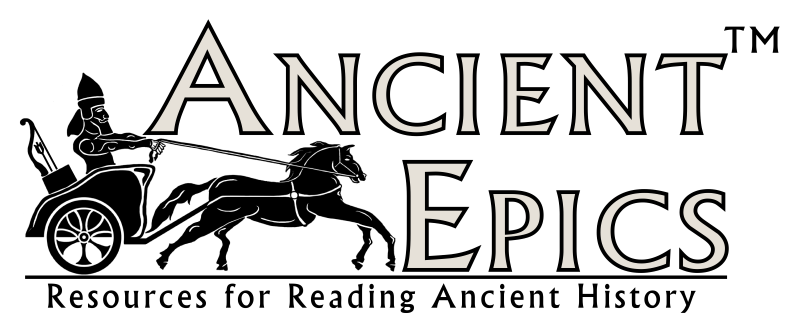
Philosophy
“Wise men talk because they have something to say; fools, because they have to say something.”
— Plato
Many people I have spoken with seem to think philosophy is nothing more than ornate words or, even worse, that it is pointless and futile. But nothing could be further from the truth. I have gained great insight from reading philosophy. Philosophy is really nothing more than thinking, which is something we all do. The mistake, I think, is to suppose that philosophy is meant to determine the truth, when actually it more often comes to show us where we are making mistakes in our thinking, even if the philosopher is not completely right.
There are works of philosophy listed on other pages (Plato under Greeks, for instance), so for this page I will only include works of the early modern to present day.
BEFORE 1900
Feuerbach, Ludwig. The Essence of Christianity. 1841. Translated by George Elliot. Amherst, New York: Prometheus Books, 1989.
Kierkegaard, Soren. Fear and Trembling. 1843. Translated by Alastair Hannay, 1985. Reprint, London: Penguin Books, 2003.
—-. The Sickness unto Death. 1849. Translated by Alastair Hannay, 1989. Reprint, London: Penguin Books, 2004.
Machiavelli, Niccolo. The Prince. Translated by Peter Bondanella. New York: Oxford University Press, 2005.
Nietzsche, Friedrich. The Genealogy of Morals. 1887. Translated by Horace B. Samuel, 1913. Mineola, New York: Dover Publications, 2003.
—-. Twilight of the Idols and The Anti-Christ. 1888. Translated by R. J. Hollingdale. Mineola, New York: Dover Publications, 2003.
Pain, Thomas. The Age of Reason. New York: Kensington Publishing, 1974.
Rousseau, Jean-Jacques. A Discourse on Inequality. 1755. Translated by Maurice Cranston. London: Penguin Books, 1984.
—-. Confessions. 1782. Translated by Angela Scholar. New York: Oxford University Press, 2000.
—-. On the Social Contract. 1762. Translated by G. D. H. Cole. Mineola, New York: Dover Publications, 2003.
AFTER 1900
Carr, Edward Hallett. What is History? New York: Vintage Books, 1961.
Freud, Sigmund. Moses and Monotheism. New York: Vintage Books, 1939.
Gardiner, Patrick. Kierkegaard: A Very Short Introduction. New York: Oxford University Press, 1988, 2002.
Harrison, Peter. The Territories of Science and Religion. Chicago, IL: University of Chicago Press, 2015.
Poidevin, Robin Le. Agnosticism: A Very Short Introduction. New York: Oxford University Press, 2010.
Robinson, Marilynne. The Death of Adam: Essays on Modern Thought. New York: Picador, 2005.
Singer, Peter. Hegel: A Very Short Introduction. New York: Oxford University Press, 2001.
AUDIO/VISUAL RECORDINGS
Exploring the Roots of Religion, DVD. Taught by John R. Hale. The Great Courses, 2009.
God and Mankind: Comparative Religions, CD. Taught by Robert Oden. The Great Courses, 1991.
Great Philosophical Debates: Free Will and Determinism, DVD. Taught by Shaun Nichols. The Great Courses, 2008.
Religions of the Axial Age: An Approach to the World’s Religions, DVD, 2 Parts. Taught by Mark W. Muesse. The Great Courses, 2007.
Science and Religion, DVD. Taught by Lawrence M. Principe. The Great Courses, 2006.
Skeptics and Believers: Religious Debate in the Western Intellectual Tradition, CD, 3 Vols. Taught by Tyler Roberts. The Great Courses, 2018.
The Birth of the Modern Mind: The Intellectual History of the 17th and 18th Centuries, CD, 2 Vols. Taught by Alan Charles Kors. The Great Courses, 1998.
The Modern Intellectual Tradition: From Descartes to Derrida, CD, 3 Vols. Taught by Lawrence Cahoone. The Great Courses, 2010.
The Spiritual Brain: Science and Religious Experience, CD, 2 Vols. Taught by Andrew Newberg. The Great Courses, 2012.
The Will to Power: The Philosophy of Friedrich Nietzsche, DVD, 2 Parts. Taught by Robert C. Solomon and Kathleen M. Higgins. The Great Courses, 1999.
